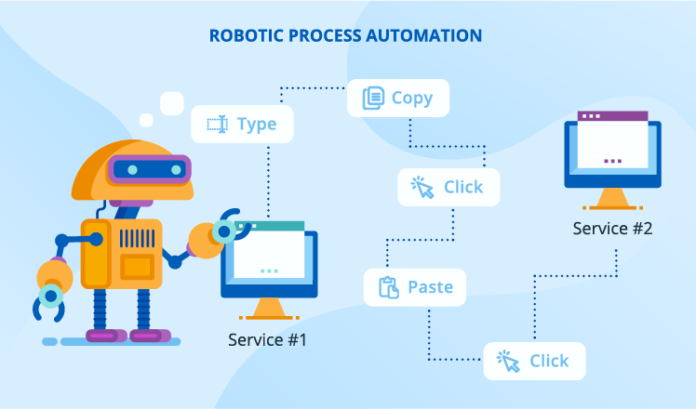Online analytical processing (OLAP) is a powerful technology used by businesses to analyze large amounts of data quickly and effectively. It is a critical component of enterprise applications, which are software systems designed to support and manage business operations. In this article, we will explore what OLAP is, its benefits and applications, and how it supports enterprise applications.
What is Online Analytical Processing?
Online analytical processing is a technology that enables businesses to analyze large amounts of data quickly and effectively. OLAP systems allow users to manipulate data in real-time, exploring relationships, trends, and patterns within the data. This technology provides businesses with a powerful tool for decision-making, as it enables them to identify insights and opportunities that may not be apparent from a simple view of the data.
OLAP systems are typically used to analyze structured data, such as financial data or sales data. They can also be used to analyze unstructured data, such as social media data or customer feedback. OLAP systems are designed to be fast and efficient, providing users with real-time access to data and allowing them to perform complex calculations and queries quickly.
Benefits and Applications of OLAP
There are many benefits to using OLAP systems, including:
- Speed: OLAP systems are designed to be fast and efficient, providing users with real-time access to data and allowing them to perform complex calculations and queries quickly.
- Scalability: OLAP systems can handle large amounts of data, making them ideal for businesses that need to analyze large datasets.
- Flexibility: OLAP systems are highly flexible and can be customized to meet the needs of different business units or departments.
- Decision-making: OLAP systems provide businesses with a powerful tool for decision-making, as they enable users to identify insights and opportunities that may not be apparent from a simple view of the data.
OLAP systems have many applications across different industries and business functions. Some of the most common applications of OLAP systems include:
- Financial analysis: OLAP systems can be used to analyze financial data, such as sales figures and revenue data, providing businesses with insights into financial performance and trends.
- Customer analysis: OLAP systems can be used to analyze customer data, such as demographics and purchase history, providing businesses with insights into customer behavior and preferences.
- Inventory management: OLAP systems can be used to analyze inventory data, such as stock levels and sales data, providing businesses with insights into inventory levels and demand.
- Supply chain management: OLAP systems can be used to analyze supply chain data, such as shipping data and vendor performance data, providing businesses with insights into supply chain efficiency and performance.
OLAP and Enterprise Applications
OLAP is an essential component of enterprise applications, which are software systems designed to support and manage business operations. Enterprise applications include systems such as enterprise resource planning (ERP), customer relationship management (CRM), and supply chain management (SCM) systems. OLAP is integrated into these systems, providing users with real-time access to data and enabling them to perform complex analysis and queries.
OLAP provides essential support to enterprise applications by:
- Enabling real-time data access: OLAP systems provide users with real-time access to data, enabling them to make timely and informed decisions.
- Supporting complex analysis: OLAP systems enable users to perform complex analysis and queries, providing them with deeper insights into business operations.
- Facilitating collaboration: OLAP systems facilitate collaboration by providing users with a common platform for analyzing and sharing data.
- Enhancing decision-making: OLAP systems enable businesses to make better decisions by providing them with insights and opportunities that may not be apparent from a simple view of the data.
Conclusion
Online analytical processing is a critical component of enterprise applications, providing businesses with a powerful tool for analyzing large amounts of data quickly and effectively. OLAP systems enable businesses to make informed decisions by providing them with real-time access to data and enabling them to perform complex analysis and queries. OLAP systems are highly scalable and flexible, making them ideal for businesses that need to analyze large datasets and customize their analysis to meet the needs of different business units or departments.
In today’s fast-paced business environment, the ability to make timely and informed decisions is essential to success. OLAP systems provide businesses with a powerful tool for decision-making, enabling them to identify insights and opportunities that may not be apparent from a simple view of the data. By integrating OLAP into their enterprise applications, businesses can improve their decision-making, enhance collaboration, and drive growth and success.
Google News | Telegram
















